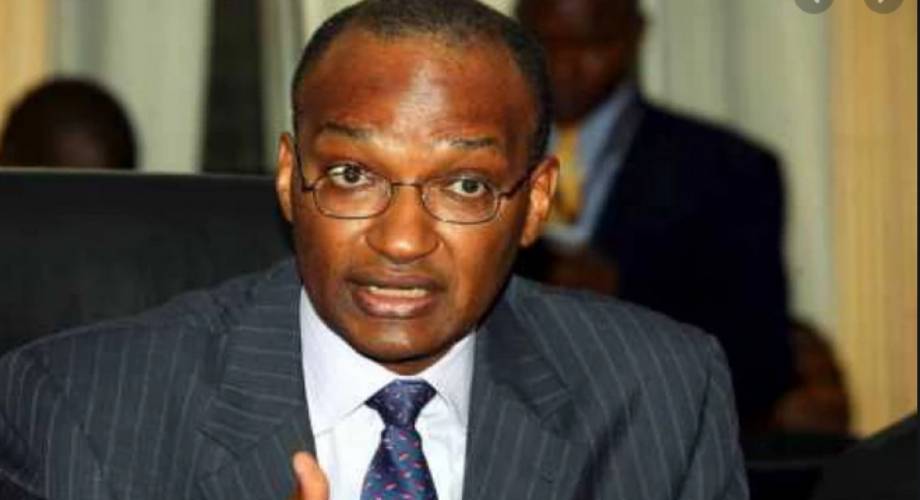×
The Standard e-Paper
Fearless, Trusted News

NAIROBI, KENYA: The Central Bank of Kenya is on standby and ready to offer a remedy to businesses should new containment measures announced by President Uhuru Kenyatta prove to be too much.
In a post-Monetary Policy Committee (MPC) briefing on Tuesday, Central Bank Governor Patrick Njoroge noted that things are not looking bad at the moment but should the new measures prove otherwise, remedies such as the loan restructuring could be brought back.